|
Genres, Themes, Actors, and Directors:
- Cross-Cultural Romance
- Homicidal Spouses
- Jealousy
- Orson Welles Films
- Play Adaptation
- Race Relations and Racism
- Shakespeare
Review:
Orson Welles’s production of the Shakespearean tragedy Othello was legendarily challenging to make, as chronicled in Welles’s 1979 documentary Filming Othello (the full transcript is available here, and you can easily find the movie itself on YouTube). Just days into shooting, Welles learned that his Italian producer was going bankrupt, and that he would have to finance the film himself — which he did, by appearing in other movies and shooting the film in piecemeal over the next few years. The result is a highly atmospheric, bric-a-brac rendering of the play’s key scenes, sometimes filmed in silhouette or with stand-ins, and making creative use of whatever could save money — i.e., filming Roderigo’s death in a bathhouse given lack of any costumes:
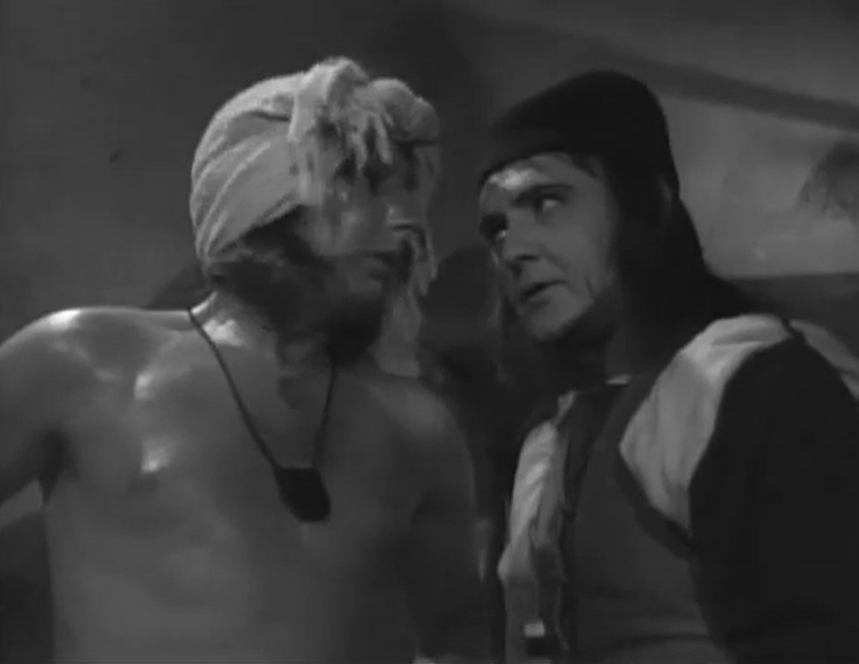
Micheál MacLiammóir’s performance as Iago (he went on to write a memoir about the making of the film entitled Put Money in Thy Purse) is simply chilling:
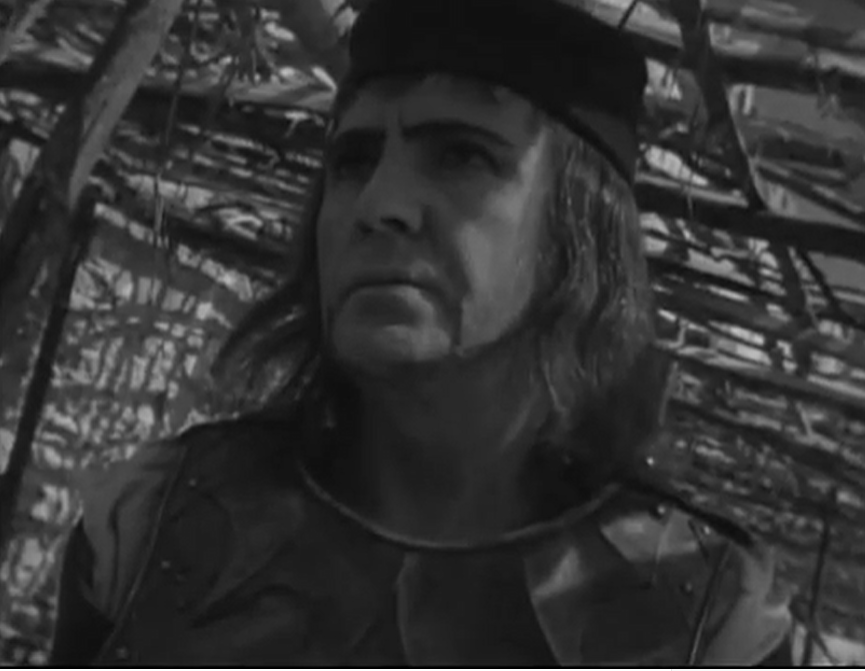
As anyone familiar with the play knows, Iago’s ability to turn Othello into a homicidal husband using merely lies and false evidence is a testament to the nefarious power of mental persuasion. Welles himself does a fine job in the lead role, effectively portraying a man who doesn’t want to believe what he’s hearing, yet, tragically, does:
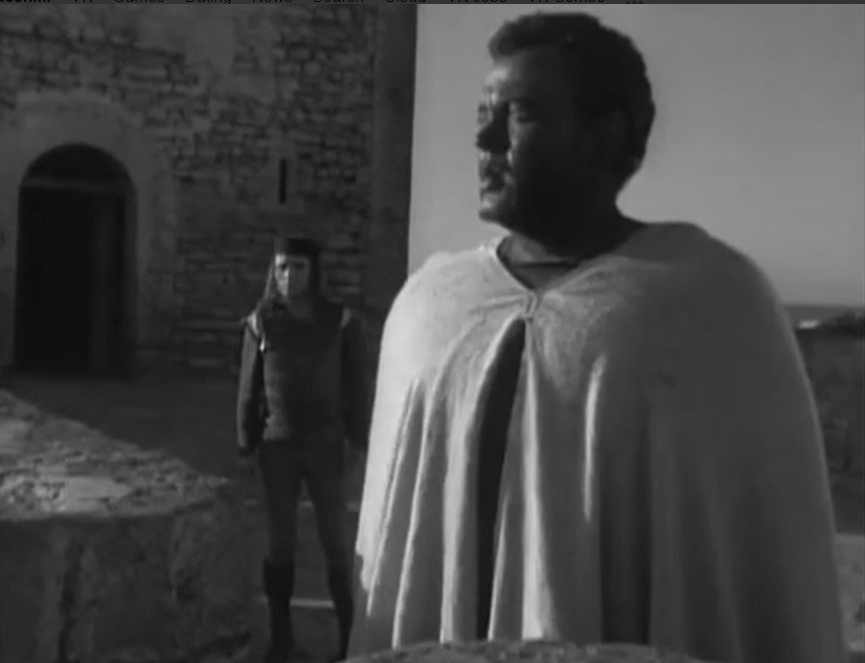
While I’ve never found Othello to be an “easy” watch, either as a play or a film, this version — right alongside Filming Othello (1979) — merits a look for the sheer audacity of Welles’s creativity under extreme financial pressure.
Notable Performances, Qualities, and Moments:
- Micheál MacLiammóir as Iago
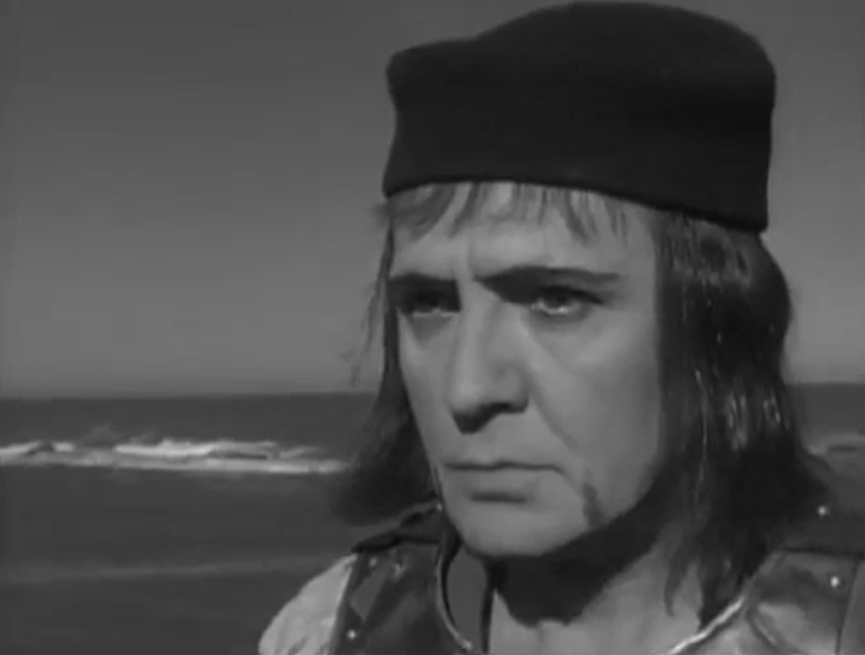
- Orson Welles as Othello
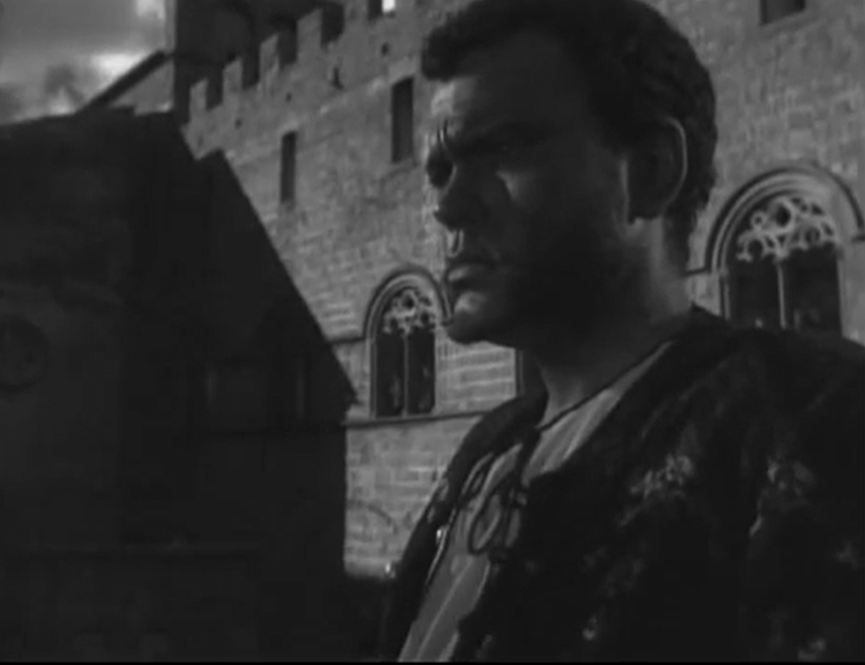
- The powerful opening sequence

- Atmospheric cinematography and direction

Must See?
Yes, for its historical significance.
Categories
- Historically Relevant
- Important Director
Links:
|
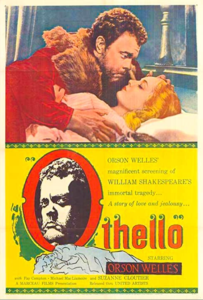







One thought on “Othello (1951)”
Must-see, for reasons already mentioned.
‘Othello’ more or less pairs with ‘Macbeth’ as my favorites among the Shakespeare plays, so I’m pleased that this film version is an effective adaptation (and one that I occasionally return to). You would hardly guess that the production faced the specific difficulties that it did.
Both MacLiammóir and Cloutier offer fine support. (The Criterion release contains an extended and fascinating extra of Cloutier recalling the filming experience in detail.)
I find that this film is more memorable than the 1965 Olivier version (but Olivier’s tendency to overdo as a performer often bothers me personally so that may be a matter of taste).